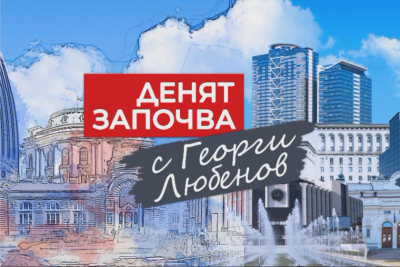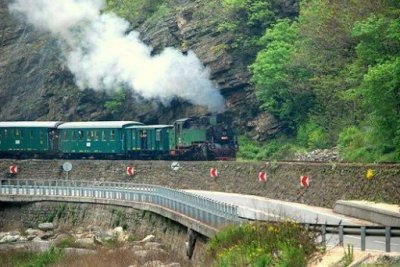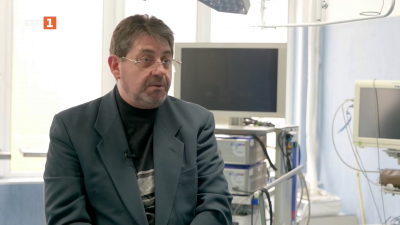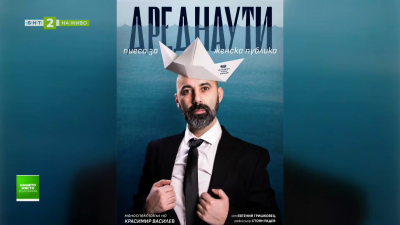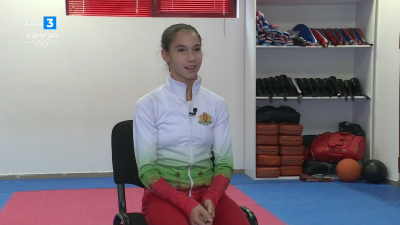Vice President Iliana Iotova participated in commemoration of the 148th anniversary of the April Uprsing in Perushchitsa
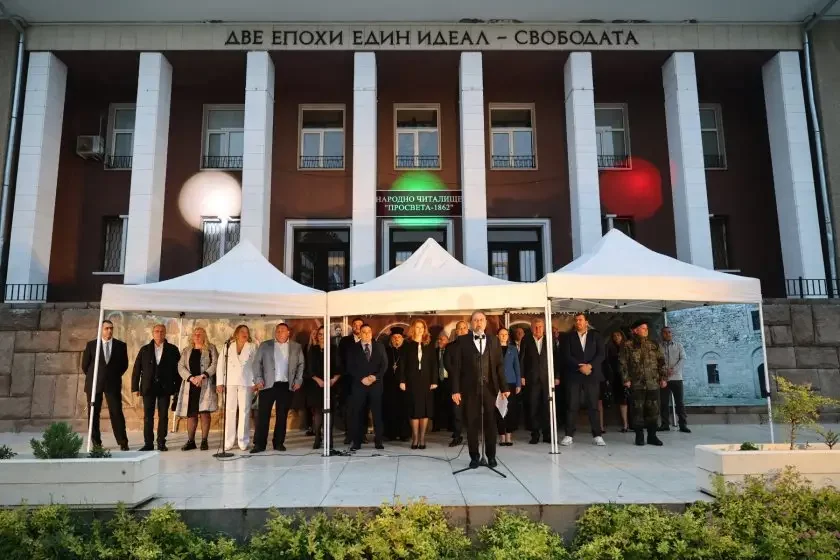
Vice President Iliana Iotova on May 9 attended the commemoration of the 148th anniversary of the April Uprising in the town of Perushchitsa, Southern Bulgaria. In her speech she reminded about the heroism of the town's inhabitants and their sacrifice. Iotova stressed that each of us should remember what Perushchitsa did 148 years ago.
"Perushchitsa and the April Uprising released a huge energy accumulated in the Bulgarian people, they ignited the flame of an anger that for five centuries had been gathered in souls, in generation after generation, to light a huge fire that would turn freedom into a national ideal. This ideal we must protect, preserve and pass on," Vice President Iliana Iotova said.
***
The April Uprising broke out on April 20, 1876, in the town of Koprivshtitsa. It was suppressed by the Ottoman authorities, but produced a wide international response and indirectly resulted in the establishment of Bulgaria as an independent nation in 1878.
The decision to start the uprising was taken by the Revolutionary Committee, set up by young revolutionary activists in Giurgiu Romani. It decided to prepare an armed uprising in the spring of the following year. They divided the country into five revolutionary districts, centred in Tarnovo, Sliven, Vratsa, Plovdiv and Sofia. A leader called "apostle" was appointed to head each district and its preparation for the revolt.
The preparation took only a few months, which explains its failure on the battlefield. In fact, the uprising broke out en masse mostly in the first revolutionary district - Tarnovo, where one of its apostles was the then future Prime Minister of Bulgaria, Stefan Stambolov, and in the fourth revolutionary dostrict of Plovdiv with the apostle Panayot Volov and assistant Georgi Benkovski.
The uprising broke out prematurely on April 20. In an attempt to capture Todor Kableshkov by the Ottomans, the residents of Koprivshtitsa took up arms and killed the local "mudurin" (Turkish Deputy Governor). Kableshkov wrote his famous “Blood Letter”, which was sent to Benkovski in Panagyurishte. He then announced the beginning of the uprising and the rest is history ...
The start of the uprising in the Plovdiv revlutionary district ten days ahead of the planned date resulted in massive-scale arrests of committee members in other districts, a quick mobilization of irregular Turkish troops and deployment of military units in all major Bulgarian cities.
Panagyurishte revolted right after Koprivshtitsa. Benkovski formed a cavalry unit called the ''Flying Detachment". He went round the villages in the area and raised them in revolt. On April 22, the insurgent flag was solemnly consecrated in Panagyurishte. The flag was made by teacher Raina Popgeorgieva, whom Bulgarians called Raina Knyaginya.
Soon after the attack in insurgent settlements by regular Ottoman army and bashibozuk, Strelcha and Klisura were the first to fall. Panagyurishte fell after four days of resistance. The village of Batak experienced the worst tragedy, as over 5,000 residents were slaughtered in the St Nedelya Church.
On April 27, Perushtitsa was surrounded on all sides and fire was set to the monastery of St. St. Theodore Tyrone and Theodore Stratilat ”on the mountain slope. Soon a battle broke out. In Perushtitsa, Kocho Chistemenski and Spas Ginev killed their entire families and committed suicide to spare them a fate worse than death at the hands of the enemy.
Despite the defeat and atrocities committed by the Ottoman Empire in Batak, Perushtitsa, Klisura, Panagyurishte, the action was a political success, making the Bulgarian question part of the agenda of European diplomacy at the time.
The public in the two most powerful empires at the time and considered irreconcilable opponents - Russia and Britain - stood on the side of the Bulgarian cause. Rallies and meetings in support of the Bulgarians took place in numerous big English cities The situation was similar in Russia, where both conservatives and liberals were united in defending the enslaved Bulgarians.
Thus, the April Uprising, from a military failure became a triumph and a reason for the Liberation of Bulgaria. This happened two years later after Russia carried out the will of the European concert - Britain, Germany, Austria-Hungary, France and Italy - declared war on the Ottoman Empire.
Get the latest news wherever you are!
Follow us on
Facebook
and
Instagram
Follow BNT’s YouTube channel
You can now also watch us on
TikTok
Find us on
Google News







